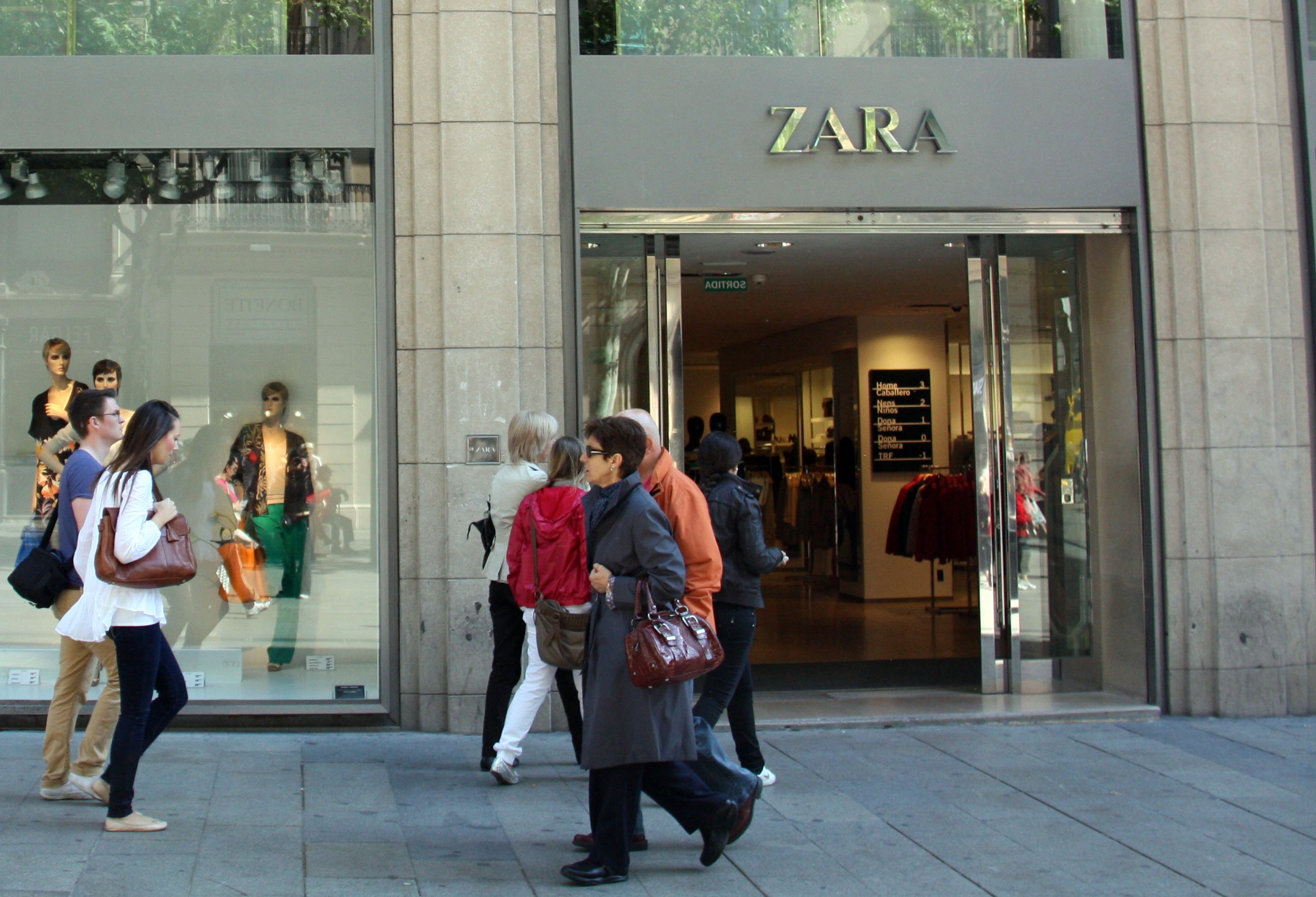Under the premise that all workers will retain their jobs, the Spanish-based textile multinational Inditex yesterday explained during the presentation of company results that it was putting itself at the service of society to help "in all that is needed" in the coronavirus crisis. As board chairman Pablo Isla said on Wednesday, the company was going to study the measures that the Spanish government had made available to the business fabric, which opened the door for a temporary layoff procedure (ERTO, in its Catalan acronym; ERTE in Spanish ) for its Spanish operations.
And that is what has happened. In the end, the company will present an ERTO that could affect approximately 37,000 employees, according to business daily Cinco Días. The company, however, assures that this is a temporary measure and guarantees "employment in the future."
According to the unions, the ERTO will take effect on 1st April and apply to the vast majority of staff working in Inditex stores, which have been closed for several days under the Spanish provisions for the state of alarm declared in response to coronavirus.
At the same time, bearing in mind that online clothing sales are permitted under the state of alarm, a sizeable number of employees are still working and serving the public through this channel.
Inditex's flagship highstreet brand is Zara, but it also owns clothing chains such as Zara Home, Massimo Dutti, Bershka, Oysho, Pull and Bear, Stradivarius and Uterqüe.
And 35,000 more in Catalonia
In Catalonia, workers affected by these temporary layoff plans resulting from the coronavirus crisis now number over 35,000, with almost 600 businesses filing submissions.
Over half of this total comes from two auto producers: Spanish car maker SEAT, which has applied for an ERTO covering 14,771 employees at its Martorell plant, and Japanese automotive producer Nissan, where 3,500 workers are to laid off termporarily at three Barcelona sites: Zona Franca, Montcada and Reixac, and Sant Andreu de la Barca.

